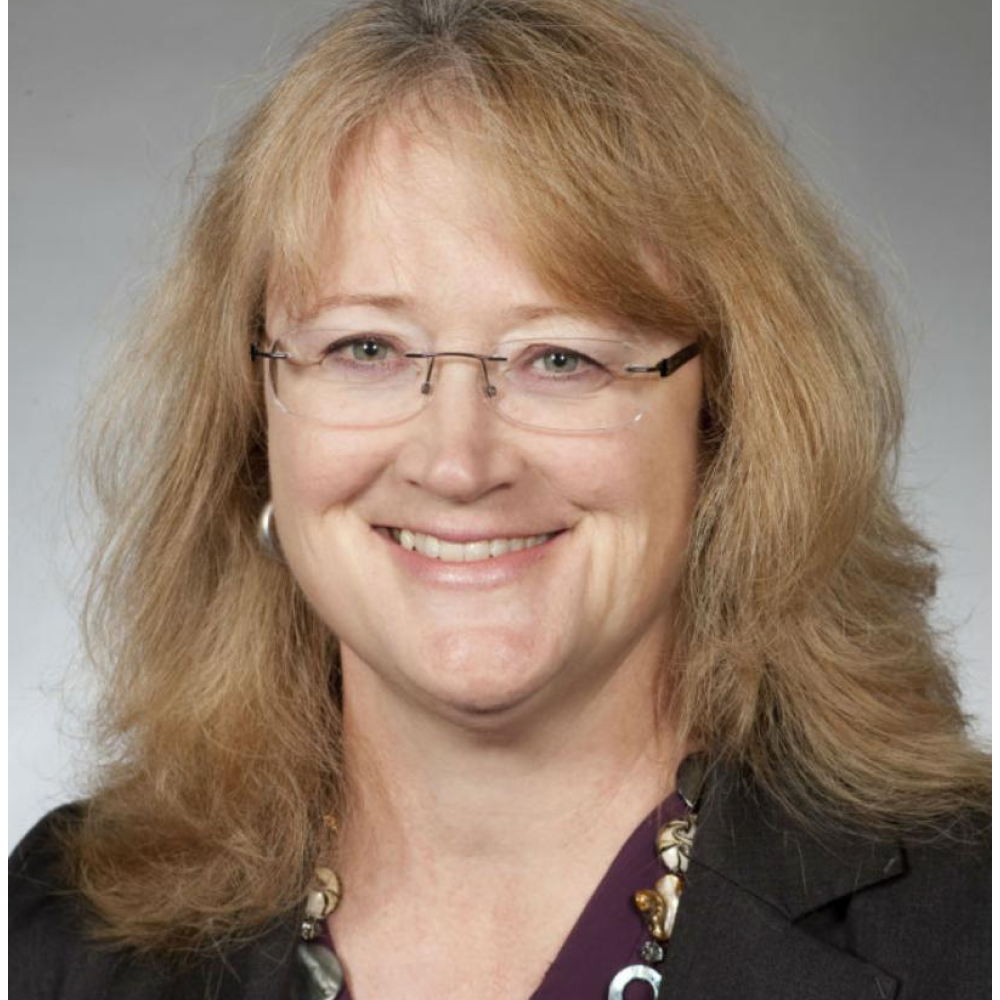Something Powerful
Tell The Reader More
The headline and subheader tells us what you're offering, and the form header closes the deal. Over here you can explain why your offer is so great it's worth filling out a form for.
Remember:
- Bullets are great
- For spelling out benefits and
- Turning visitors into leads.
Overview
Designed for professionals looking to understand the challenges and opportunities involved in reducing the carbon footprint for their organisation or community, this course provides a range of tools for transitioning to net zero. It's particularly valuable if you work in an operations, engineering, or management environment. Using the Transition Innovation, Management, and Engineering (InTIME©) approach, Professor Susan Krumdieck explores a quantitative understanding of climate and resource challenges. She helps you examine the role of energy in your current systems and shows how you can use energy to secure a sustainable future for your organisation and community. This course provides practical insights and explores possible limitations for transitioning to renewable energy. It also identifies the principles you need to make sure a transition to sustainable energy is economically viable. It will give you a unique perspective on Energy Transition projects. Please note: UC Online has a minimum enrolment threshold that must be met to enable opportunities for interaction, discussion, and feedback. If the minimum number of enrolments required for a course is not met, enrolled students will be given the option to defer their enrolment to the next course date, or receive a refund.
Requirements
There are no prerequisites for this course. It's ideal for anyone interested in understanding the challenges and opportunities involved in reducing the carbon footprint of their organisation or community.
Technology RequirementsWe recommend a laptop or desktop computer and a reliable internet connection. For most courses you'll need to download and populate assignments. These are usually available in Microsoft Word.
Optional reading: Transition Engineering, Building a Sustainable Future by Professor Susan Krumdieck, CRC Press, 2019.
Course Outline
Our courses are flexible, enabling you to plan your study around your other commitments. You'll be able to access the online course from 17 July but can choose to study when it suits you. Check out the course overview here for more details on the timing of assessment activities and approximation of hours.
Module 1: Changing the endingIdentify the role of energy in reducing global emissions. Learn the difference between being 'more sustainable' and 'downshifting what's unsustainable'.
Module 2: The economics of transitionIs it worth it? In this module you’ll learn about Energy Return on Investment (EROI) and how you can use it to compare various energy sources. You’ll also become familiar with transition economics and how it differs from traditional economics.
Module 3: Wicked problemsIdentify and define what wicked problems are when it comes to energy efficiency. Learn how these problems arise due to incomplete, contradictory, or changing requirements, and be empowered to work through the problems.
Module 4: Putting it into practiceUsing the InTIME© methodology, put what you’ve learnt into practice in a hands-on project and see how the process can lead to innovation and new opportunities.
Assessments
Module 1 = 20% (module and quiz 10% + forum submission 10%)
Module 2 = 20% (module and quiz 10% + forum submission 10%)
Module 3 = 20% (module and quiz 10% + forum submission 10%)
Module 4 = 40% (module and quiz 10% + forum submission 30%)
Our People

Susan Krumdieck
Adjunct Professor | University of Canterbury
Co-leader of the Global Association for Transition Engineering and Director of the Advanced Energy and Material Systems Lab. She's interested in the new methods and tools needed to change existing systems and rapidly shift away from fossil fuels. After researching every type of renewable and alternative energy technology, as well as sustainable energy systems, Professor Krumdieck has developed the Interdisciplinary Transition Management Engineering (InTIME©) Methodology. She leads an international group in this emerging field where she encourages social responsibility and sound science for delivering projects that reduce exposure to fossil fuel supply and the risks of climate change. She's worked on the energy transition of buildings, cities, transport, and freight. She's also worked on sustainable development with rural and remote communities.Qualifications and Memberships.
- Bachelor of Science in Mechanical Engineering – Arizona State University
- Master of Science – Arizona State University
- Doctor of Philosophy – University of Colorado
- Royal Society of New Zealand (RSNZ) (Professional Organisation): Member (MRSNZ)
$100 NZD
incl GST where applicable$100 NZD
incl GST where applicableRegistrations close on 12 July 2023
12 September 2023
12 January 2024
Wanting to stay in the loop with our next instances of this course?